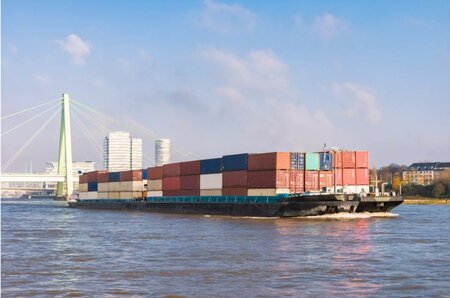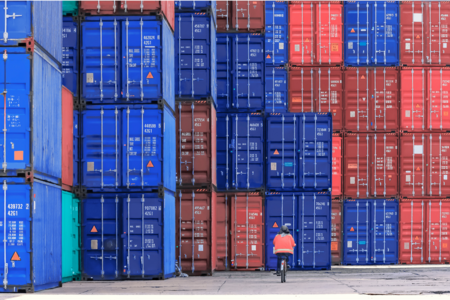Understanding SDGs
The quest of net zero is not an independent goal. It is fundamentally connected to the broader framework set out by the United Nation’s Sustainable Development Goals (SDGs). Therefore, targeting and delivering on your net zero goals contributes both directly and indirectly to the overall achievement of the SDGs.
Targeting net zero contributes towards SDG 13 for Climate Action, by addressing climate change resulting from GHG emissions. Through reducing net GHG emissions, global warming can be limited, thereby reducing the impacts of climate change.
Also targeting, net zero can contribute to several of the other SDGs. For example, reduction of emissions through the transition to renewable energy sources (SDG 7, Affordable and Clean Energy) can stimulate economic growth through the creation of new jobs (SDG 8, Decent Work and Economic Growth).
Contact us
How to use SDGs to make an impact
1. Understand how the SDGs relate to your business activities
The first step is to learn about each of the 17 goals and identify those that most closely align with your business activities. For example, if you operate a port and you can develop strategies to reduce the risk of polluting the water and also strategies to improve biodiversity and cleanliness, then you might chose to focus you efforts on SDG 14: Life below water.
2. Prioritise
While your business activities may affect many of the 17 SDGs, it's important to prioritise those on which you can make the biggest impact in the medium to long term. Be honest and realistic about your business' ability to achieve progress in your chosen goals.
3. Set your goals
Once you have identified your SDGs it's important to links these goals to actual business targets and KPIs to ensure you are able to monitor and communicate progress to key stakeholders. Ensure your goals are "SMART": specific, measurable, achievable, relevant and time-bound.
4. Integrate your goals into your existing business strategy
Integrating SDGs into your existing business strategy to take into account your business models and processes is fundamental to ensure you can make meaningful progress and maintain normal business operations. By ensuring your sustainability strategy aligns with business strategy you can identify areas that might be mutually beneficial or areas that already contribute to progressing your SDGs.
5. Be innovative and collaborative
Working on SDGs can enable your business to develop innovative solutions and new products that work to progress your goals. Be open-minded about collaborating with other businesses that might be working towards the same goal, as a means of sharing the load and bringing in diverse ideas.
6. Report and communicate
It's vital to report and communicate your progress in your chosen SDGs. Incorporate SDG reporting into your core business reporting process so that all internal and external stakeholders have a transparent view of the work you are doing. More and more, customers are looking for companies that can demonstrate progress on ESG matters; clear and transparent reporting can enhance your reputation and allow you to reach a new audience.
TT Club's sustainability report
In September 2023, the Club published its first sustainability report. In the report we outline the five SDGs that we will focus on: SDG 5 on gender equality, SDG 8 on decent work and economic growth, SDG 9 on industry, innovation and infrastructure, SDG 12 on responsible consumption and production and SDG 14 on life below water.
Read more about these commitment in the report.




